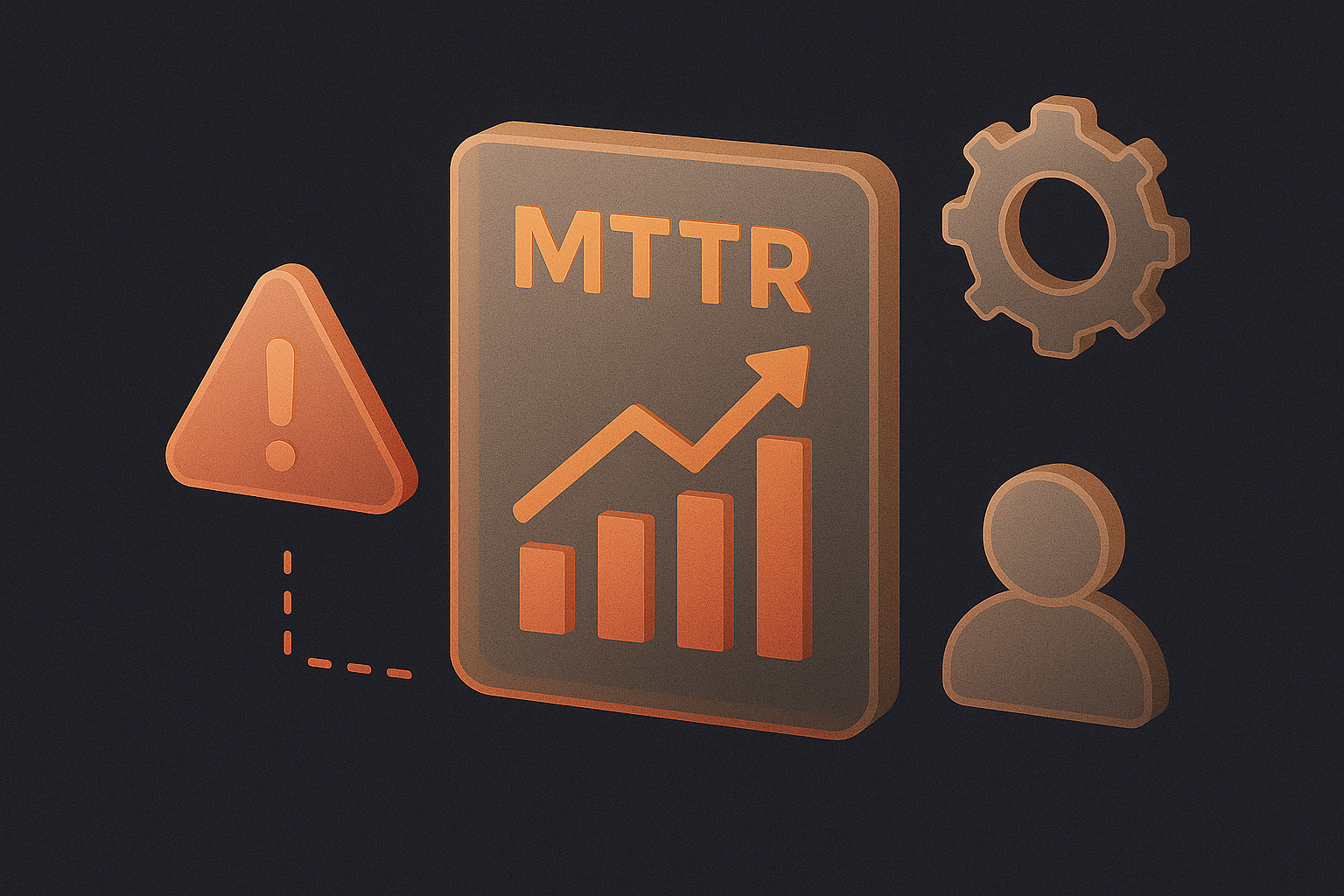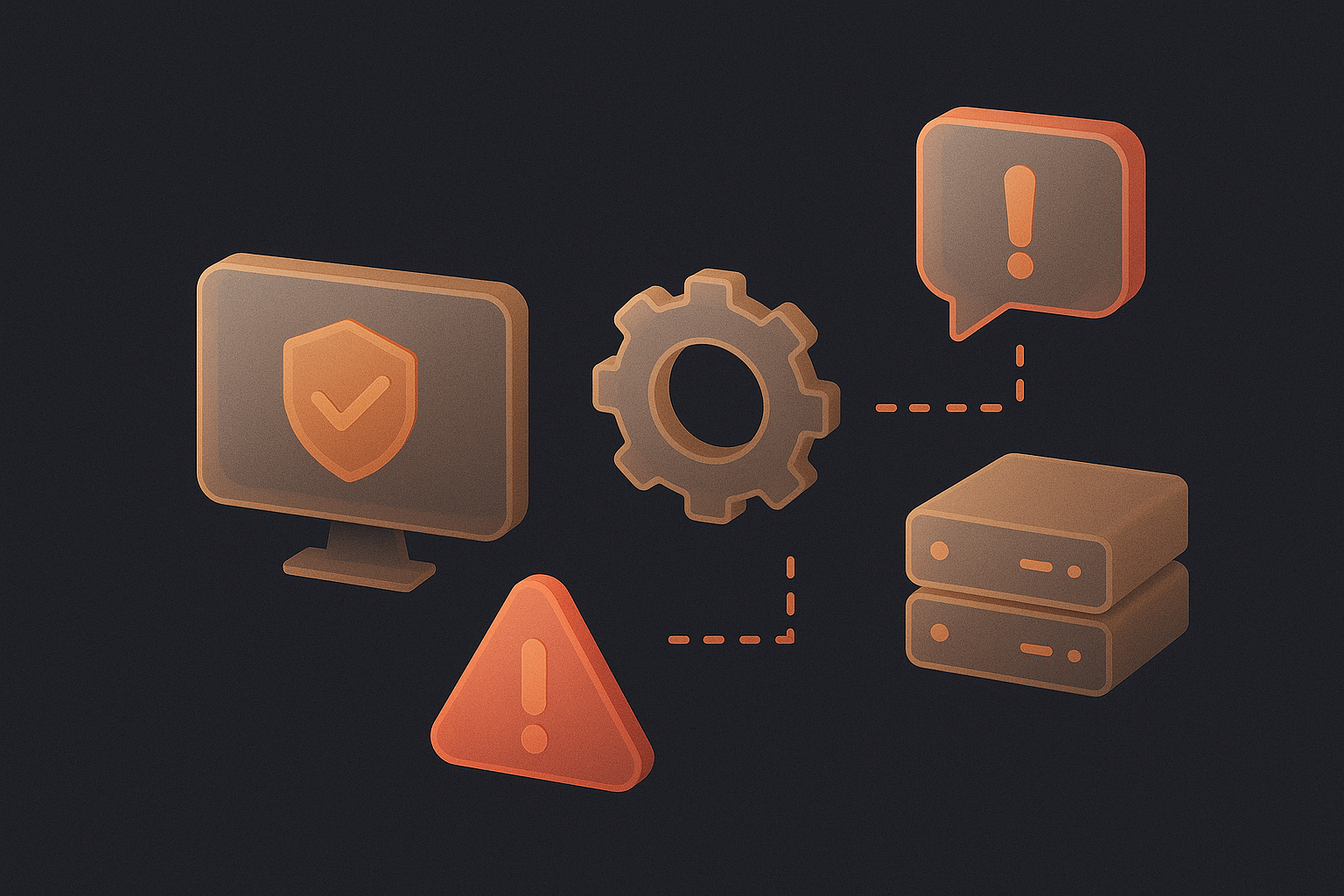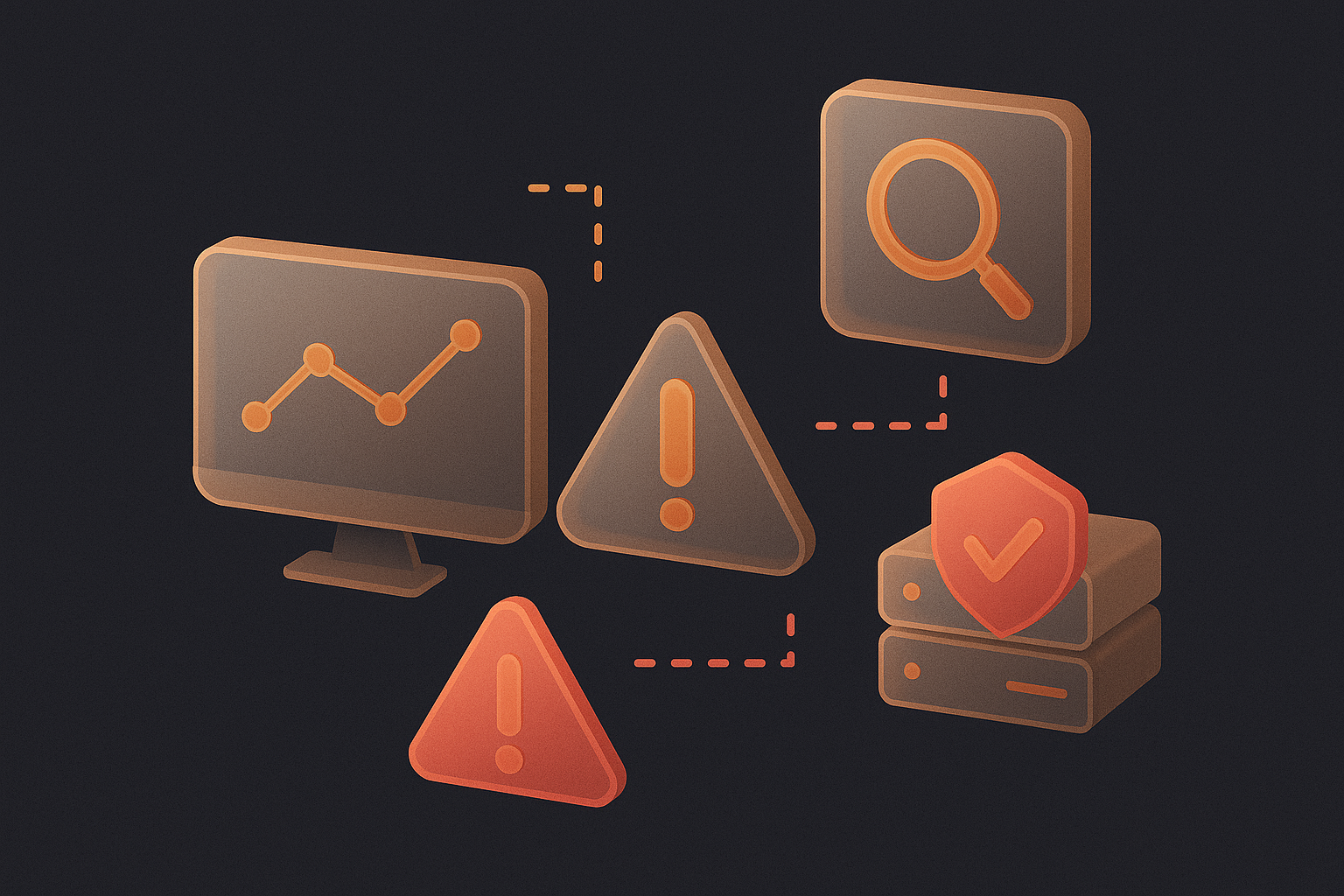PagerDuty has long been recognized in incident management, but many teams are looking for a Pagerduty Competitor that better fits their needs; whether that’s improved pricing, more integrations, or advanced automation capabilities. In this guide, we explore the top Pagerduty Competitors for 2025, so you can choose the one that aligns best with your workflows and budget.
Why Look for a Pagerduty Competitor?
While PagerDuty is powerful, it’s not always the perfect fit. Teams often seek alternatives due to:
– Pricing & Scalability – Costs increase significantly as teams and alerts grow.
– Complexity – Smaller teams may find setup and workflows unnecessarily complicated.
– Feature Gaps – Some users need deeper customization, reporting flexibility, or wider integrations.
– Support Experience – Preference for more personalized onboarding and ongoing assistance.
Top Pagerduty Competitors in 2025
1. AlertOps – Flexible, Feature-Rich, and Cost-Effective Best for: Enterprises, Managed Service Providers (MSPs), and fast-growing teams.
– Advanced Escalation Workflows to match any team structure.
– Unlimited Integrations with monitoring, ticketing, chat, and ITSM tools.
– Custom Reporting & Analytics for deep incident visibility. – Automation at Scale for notifications, escalations, and remediation.
– Transparent Pricing with no hidden costs.
AlertOps delivers enterprise-grade reliability with unmatched flexibility, making it a top choice for organizations needing more control.
2. Opsgenie (Atlassian) Best for: Teams using Jira and Atlassian products.
– Tight integration with Atlassian suite.
– Flexible on-call scheduling and analytics.
– Works well in Jira-based environments.
Drawback: Limited integrations outside Atlassian tools.
3. Squadcast Best for: SRE teams and DevOps workflows.
– Modern UI with quick setup.
– Flexible schedules and escalation policies.
– Affordable for startups and growing teams.
Drawback: Limited enterprise-level customization.
4. Zenduty Best for: Multi-team operations with strong automation needs.
– Separate workflows for different teams.
– Robust routing and escalation features.
– Budget-friendly plans.
Drawback: Smaller app marketplace than some competitors.
5. xMatters Best for: Large enterprises with complex automation.
– Powerful integration capabilities.
– Workflow orchestration for large-scale incidents.
– Highly scalable for global operations.
Drawback: Steeper learning curve and higher pricing.
6. VictorOps (Splunk On-Call) Best for: DevOps teams focused on analytics.
– Real-time incident timeline for reviews.
– Customizable schedules.
– Insightful analytics for improvement.
Drawback: Limited integration variety.
Feature Comparison Table
| Tool | Best For | Pricing | Key Features | Notable Limitation |
|---|---|---|---|---|
| AlertOps | Enterprise & MSP | Transparent | Unlimited integrations, customizable workflows | — |
| Opsgenie | Jira-centric teams | Variable | Atlassian ecosystem integration | Limited outside Atlassian |
| Squadcast | SRE teams | Affordable | Modern UI, flexible schedules | Less enterprise customization |
| Zenduty | Multi-team ops | Affordable | Automation, escalation | Smaller app marketplace |
| xMatters | Large enterprise | Premium | Complex automation, scalability | Learning curve |
| VictorOps | DevOps workflows | Mid-range | Analytics, reporting | Limited integrations |
Finding the right Pagerduty Competitor depends on your tech stack, team size, and customization needs. For flexibility, transparent pricing, and enterprise-grade capabilities, AlertOps is a strong choice, which is adaptable to both growing teams and complex enterprise operations.
If you’re seeking a Pagerduty Alternative, or simply want an Alternative to Pagerduty, that’s easier to adopt, costs less, and cuts alert noise, then here’s how AlertOps stacks up head-to-head with PagerDuty, based on what’s publicly stated on our product pages.



